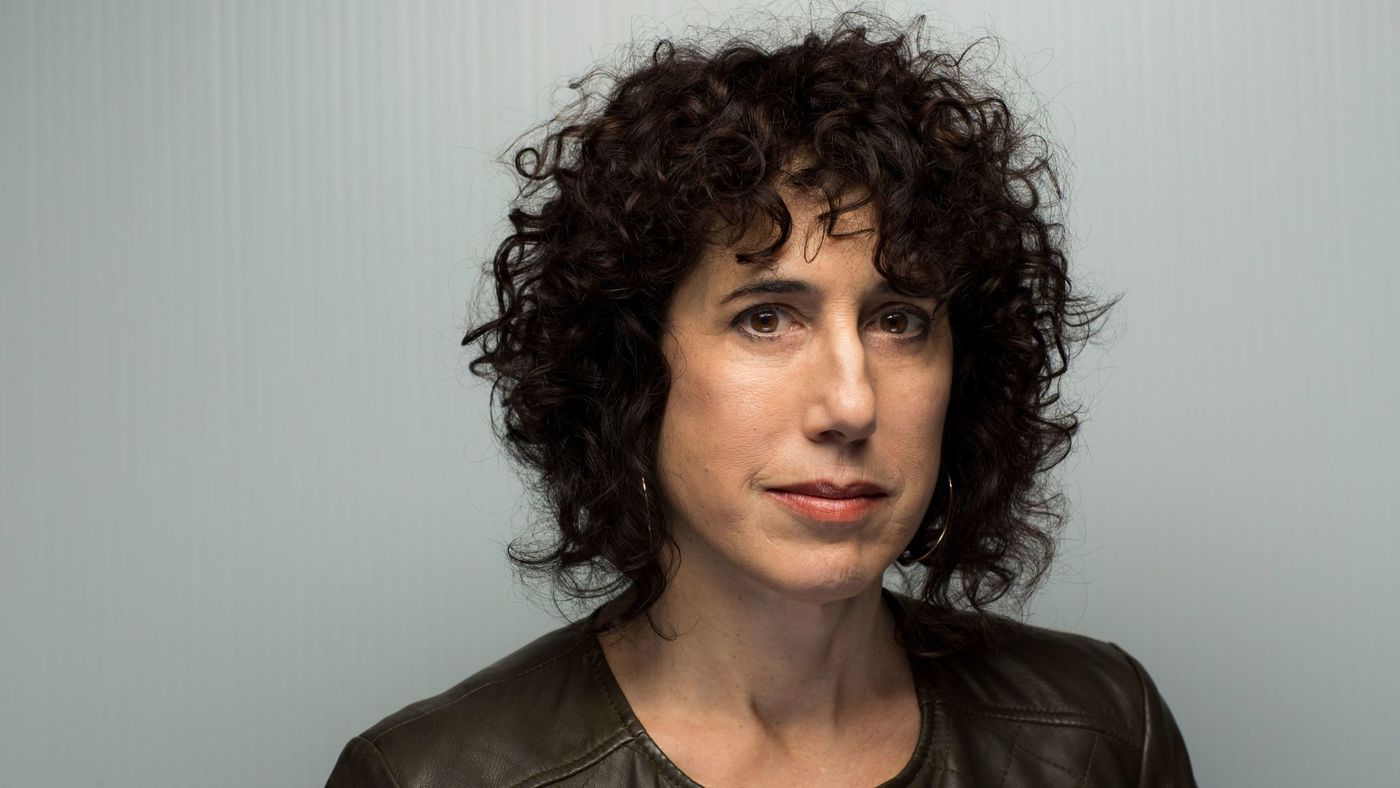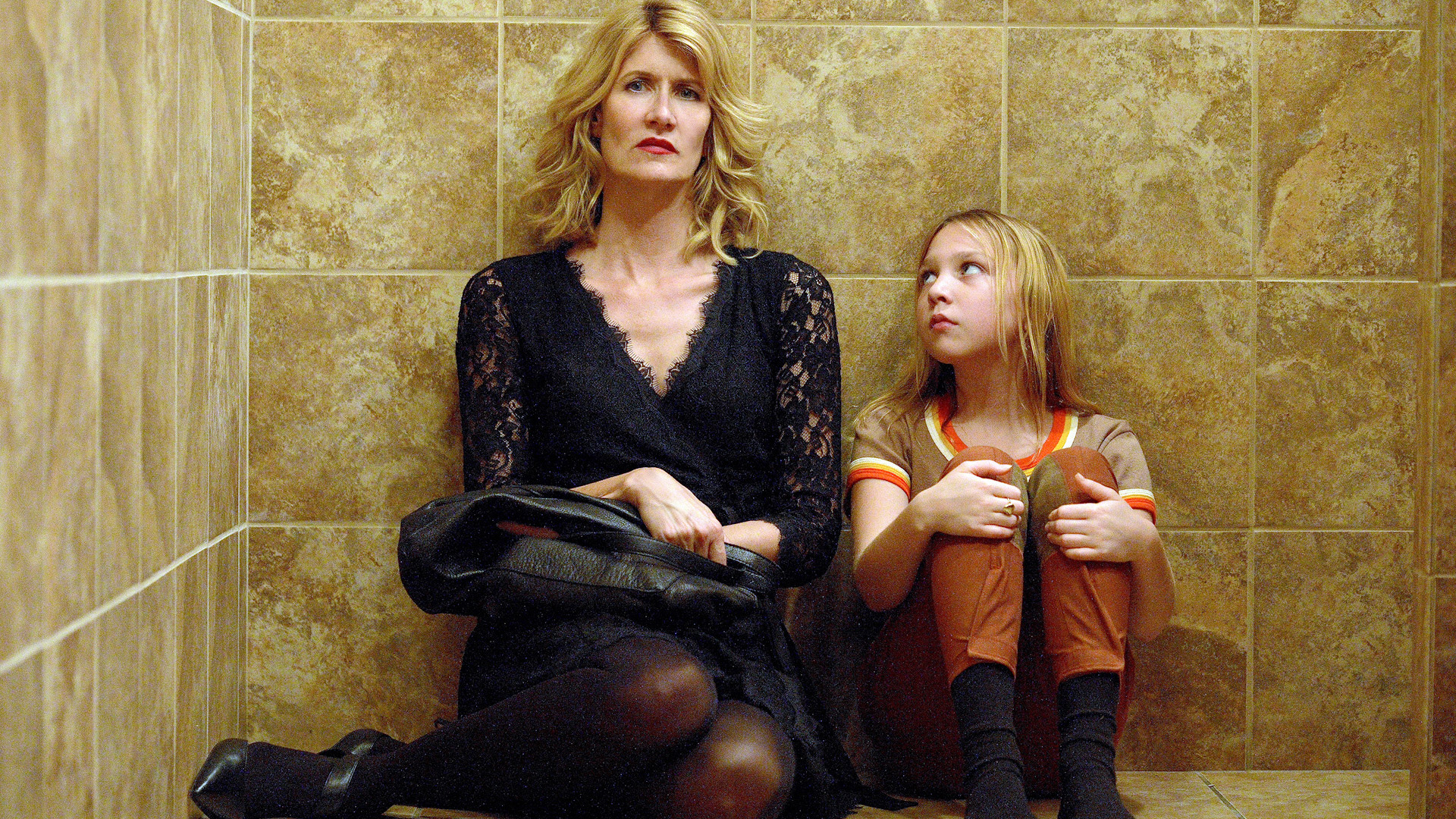In the big, great mess of our memories — an archive of the past, sometimes warped beyond reality — how do we piece together truth? The truth of who we believe ourselves to be and who we really are?
Jennifer Fox seeks a complicated answer to this complex question in her film “The Tale,” which premiered earlier this year at the Sundance Festival and aired on HBO last week. It is based on Fox’s real experience as a survivor of childhood sexual assault.
Prior to “The Tale,” Fox was known for her work as an acclaimed documentarian on films like “Beirut: The Last Home Movie” and “My Reincarnation.” In “The Tale,” her first narrative feature, audiences will find notes of documentary filmmaking, as Fox’s gentle gaze blurs the lines between fiction and memoir to create something devastating, mesmerizing and new.

That pattern of genre-blurring is commonplace throughout the film, not just in style but in the manner of storytelling. Fox seeks to piece together the timeline of her trauma so that she can heal and conquer the protective mechanisms of her own memory.
Much of the challenge she faces in confronting her assault is a form of revisionism, in which she must revisit figures from her past — including her younger self — to help her understand the assault.
One of the most remarkable things about “The Tale” is the way that Fox manages to separate 13-year-old Jenny and 48-year-old Jennifer into two characters. The former has had the assaults happen to her, though she believes she is in a loving relationship. The latter acts like a bystander, detached from herself, watching these things happen to another person.
The duality of this single individual, shown at two dichotomous stages in her life, is profound. As the writer and director of the film, only Fox could have achieved this level of self-awareness.
“You’re not gonna believe what I found,” Jennifer’s mother says in a voicemail one day. “A story that you wrote in English class. I’m worried about you.” Jennifer somehow seems both unfazed by her mother’s revelation and bothered that she called her at all.
This complexity and depth of performance is all thanks to the wonderful Laura Dern, who approaches her director’s real story with the kind of sensitivity and dignity that one would be remiss to pass on.
Jennifer’s reluctance to legitimize her “tale,” or to even explain it to her mother, tells us that she is suppressing her own understanding of the story’s gravity. As a child, she justified the abuse as wanting to be part of something special, having grown up in a large family where she felt ignored.
“I was one of five,” Fox says of her childhood, “so they barely noticed if I wasn’t there.” She is shown in flashbacks carrying herself through the kitchen in a dream-like state, as her family exists around her. She is a loner and outsider in their midst, vulnerable enough to become fodder for predators seeking to take advantage.
“The Tale” does an expert job of navigating the two timelines, as well as demonstrating at a perfect pace how Jenny’s relationship with her abusers, Bill and Mrs. G, escalated into something tragic.

In Jenny, they saw a child who hated her parents, hated being ignored and hated being misunderstood, though this hatred was really the cry of a child longing for her parents to know her. Bill and Mrs. G, as Jenny’s athletic coaches, used this vulnerability to draw her in and push her further away from her parents.
“They can’t see you the way that we can,” they tell Jenny so that in the void left by her parents she would find solace in their presence, no matter how sinister and malicious their intent. They draw her away from normalcy and into abnormality and the squelching of the convention.
They tell Jenny, encouragingly, that she is not afraid of living life the way that so many others do. They take this impressionable child and rail against monogamy, the nuclear family, traditional marriage — all things that Jenny notices in her own home and develops a deep resentment for.
And lest she be worried of being 13 years old and without a family, they promise her that they’ll build their own little family based on “honesty” and “trust.”
One of the most devastating blows of the film occurs during its early stages when adult Jennifer remembers a 15-year-old Jenny as the victim of two sports coaches. This Jenny is still a child, of course, but she’s on the precipice of young adulthood. It is disquieting to see her and understand that this is the Jenny who was violated — except it is not.
Jennifer’s mother exposes a memory lapse by showing her a photo of 13-year-old Jenny from 1973, which is the age she was when she began making weekly visits to her abuser’s home.
15-year-old Jenny’s narration is cut off. The story picks up in the same place, but this time, a round-faced, rosy-cheeked child is the narrator — the victim, the 13-year-old version of Jenny Fox.
The physical difference is staggering, both to the audience and to adult Jennifer herself. “I was younger than I thought of myself to be,” one of Jennifer’s students says of their first sexual experience, and we know that this is true of Jenny as well.
Jennifer and Jenny’s voiceovers, the former 48 years old and the latter a young teenager, intertwine as Jennifer reads Jenny’s tale from all those years ago. Their stories are interspersed throughout the film, as Jennifer struggles to remember who she was all those years ago.
“Can’t you just let me sit with my own memories?” Jennifer asks her mother at one point, upset that she has read her story. “No,” her mother responds. “I want you to nail them.”
The cult-like routine of Bill and Mrs. G.’s training camp is echoed throughout the story. They urge young students to go “beyond the complaints of [their] bodies” and tell them that enduring pain will make them better people.
Jenny’s internalization of this ethos is exemplified whenever she is assaulted. Bill tells her that her pain is normal, that her body will learn to adapt until it doesn’t hurt anymore. She gets sick after every incident, even when she’s at home and away from her abuser because the body is willing to say what words cannot.
The calculated grooming that goes into Jenny’s manipulation is astounding as Fox recounts it. Bill, enabled by Mrs. G, validates his victims’ girlhood desire for womanhood.
“I trust him so much I never realize where he’s leading me,” Jenny admits, and it makes us want to scream for her, for everything he’s taken from her. Worst, of all, Bill frames his predation as the eschewing of tradition and monogamy. Jenny later learns there are many other victims.
Jenny’s denial carries over into adulthood when she is no longer Jenny but Jennifer, successful documentarian. Even as a 48-year-old, Jennifer refers to Bill as her “first boyfriend,” downplaying the gravity of their relationship.
In fact, she does not want anyone else to refer to her experience as sexual assault until she has the entire story straight in her head. But we know that this is part of her denial: “I wasn’t abused,” she says at one point. And we know that her denial, and the road to acceptance, is part of the story that Fox wants to tell.
“The Tale” is not a narrative that can be easily decoded. Jennifer’s fury is transferred to the audience, who desperately want her to have the closure she needs to heal.
With this film, Fox shows that real life is much messier than that. And yet, from this mess, she has created a beautiful memoir, with the frustration of memory’s truths and fallacies entrenched throughout the story.

















